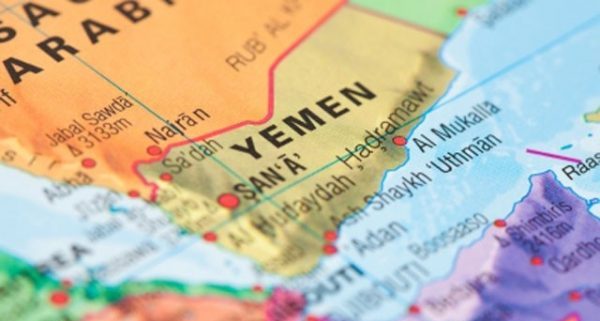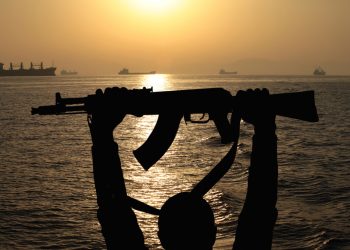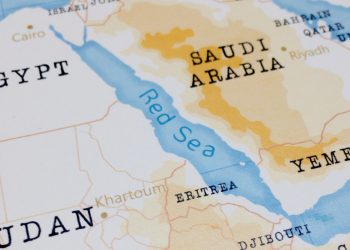The U.S. Department of State warns U.S. citizens against all travel to Yemen because of the high security threat level posed by ongoing conflict and terrorist activities. The Department of State is updating this Travel Warning to reflect concerns regarding detentions of U.S. citizens by armed groups in Sanaa. The Department continues to urge U.S. citizens to defer any and all travel to Yemen and urge U.S. citizens currently living in Yemen to depart when they are able to safely do so.
Since the beginning of the conflict in March 2015, rebel groups in Sanaa have systematically detained U.S. citizens. Reports indicate that U.S. citizens are being targeted by virtue of their citizenship, regardless of the amount of time they have spent in Yemen, their established connections with the rebel groups, or their connections with local businesses or humanitarian organizations aimed at providing relief to those in need.
During their detentions, which in some cases have lasted well over a year, U.S. citizens have not been able to contact their families or to be visited by U.S. consular personnel or international humanitarian organizations. The U.S. government is severely limited in what assistance it can directly provide to U.S. citizens in detention. There is no U.S. government presence on the ground following the rebel takeover of Sanaa.
The Department of State suspended embassy operations and U.S. Embassy Sanaa American staff relocated out of the country in February 2015. All consular services, routine and/or emergency, are suspended until further notice.
In addition to the threat of detention by rebel groups, there continue to be other risks due to ongoing conflict and heightened terrorist activity, including kidnappings for ransom.
In March 2015, a Saudi-led coalition initiated an air campaign in support of the exiled Yemeni government. A nationwide cessation of hostilities deteriorated in August 2016, and high levels of violence, to include armed conflict, artillery shelling, and air strikes, now persist in areas throughout the country. There are also reports of land mines being placed in areas vacated by withdrawing forces.
The military conflict has also significantly damaged infrastructure, limiting the availability of electricity, clean water, and medical care, and causing travel by internal roads to be dangerous. This instability often hampers the ability of humanitarian organizations to deliver critically needed food, medicine, and water.
In addition, the threat posed by violent extremist groups in Yemen remains high. Al-Qa’ida in the Arabian Peninsula (AQAP) expanded its influence in Yemen since the beginning of the conflict. While a Coalition-led operation in April ejected AQAP from its safe haven in Mukalla in Yemen’s east, AQAP remains a significant threat.
ISIL also has established a presence in Yemen, and has claimed responsibility for a number of deadly attacks in the country. The U.S. government remains extremely concerned about possible attacks on U.S. citizens (whether visiting or residing in Yemen), and U.S. facilities, businesses, and perceived U.S. and Western interests. In addition, piracy in the Red Sea, Gulf of Aden, and Indian Ocean is a security threat to maritime activities in the region. See our International Maritime Piracy Fact Sheet.
Vessels in the region of the Red Sea, Bab-el-Mandeb Strait and the Gulf of Aden should operate under a heightened state of alert as increasing tensions in the region escalate the potential for direct or collateral damage to vessels transiting the region. These threats may come from a variety of different sources such as missiles, projectiles or waterborne improvised explosive devices.
Houthi rebels claimed responsibility for an October 1, 2016, attack on a UAE vessel. Piracy in the Red Sea, Gulf of Aden, and Indian Ocean remains a security threat to maritime activities in the region. See our International Maritime Piracy Fact Sheet.
The United States is also concerned about the risks to civil aviation operating in specified areas of the Sanaa (OYSC) Flight Information Region (FIR) due to the ongoing military operations, political instability, and violence from competing armed groups involved in combat operations and other military-related activity. The Federal Aviation Administration (FAA) has prohibited U.S. civil aviation from flying in specific areas within the Sanaa FIR.
Source: US Department of State





























































